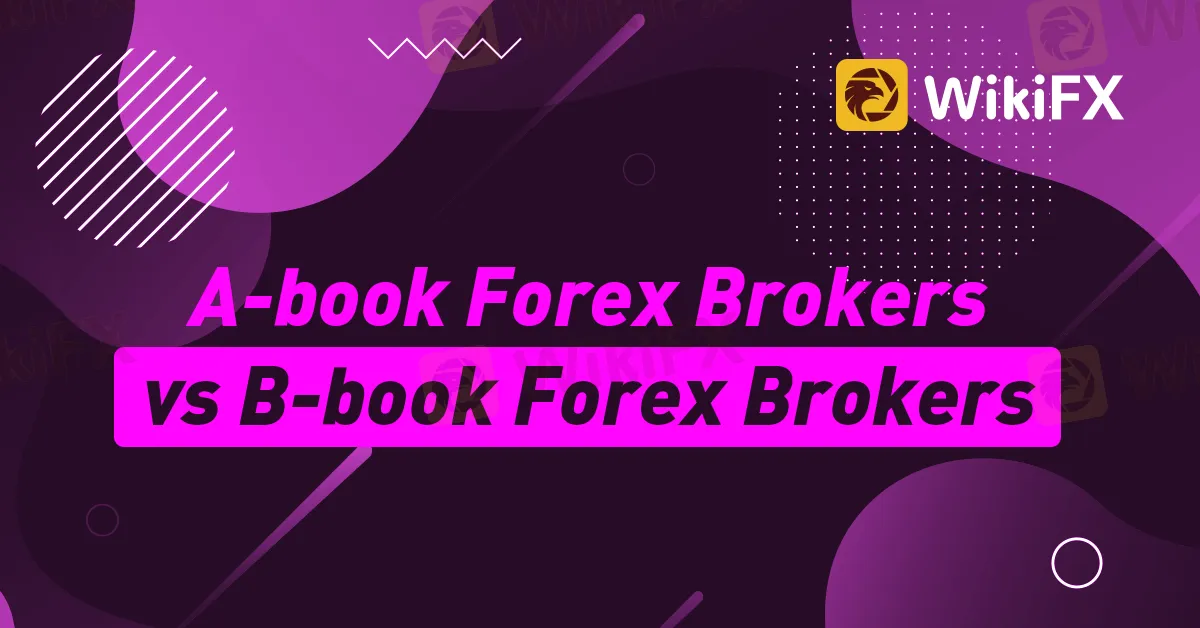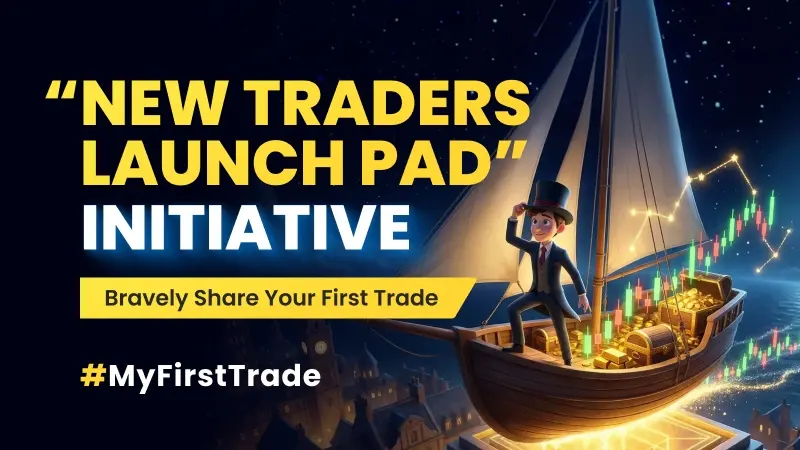Abstract: In the forex world, you may see some brokers called "A-book" and others called "B-book" brokers. In this article, we will analyze what these two types of brokers are and what the differences look like.

About A-book and B-book
To understand what A-book and B-book brokers are, we must first understand A-book and B-book. A-book and B-book refer to the way that brokers distinguish and separate their clients based on the degree of risk associated with each clients order. There is no exclusive A-book forex brokerage or B-book forex brokerage.
About A-book forex brokers and B-book forex brokers
These are the forex brokers that routinely pass on their clients‘ orders for fulfillment in the interbank market or other external execution venues. They could sum up the traditional definition of a brokerage: they source the liquidity for their clients’ orders and pass these orders on for other entities to fulfill. They act like facilitators of these transactions. The closest brokerage model to the A-book forex brokerage model is the STP brokers. However, this is not to say that market makers do not routinely carry out A-book order fulfilments.
Now, what about the B-book forex brokers? As you may have guessed, the market makers always have the B-book system in operation. Remember the 95% of traders who are not usually profitable as forex traders? Well, these are the traders lumped into the B-book liquidity bucket for in-house order fulfillment by the brokers dealing desk. The B-book forex brokers routinely use their in-house dealing desks to fulfill such orders, usually by taking a counterparty position to the trades of these clients.
Difference between the two
The difference between the A-book and B-book forex brokerage model is pretty simple. The A-book utilizes interbank market executions for clients orders, while the B-book process leads to internal order fulfillment without the usage of the interbank market.
A-book: You are trading with the banks and you have various options at transparent pricing. The broker provides the software and access to the interbank market.
B-book: You are trading with the supposed facilitator.










